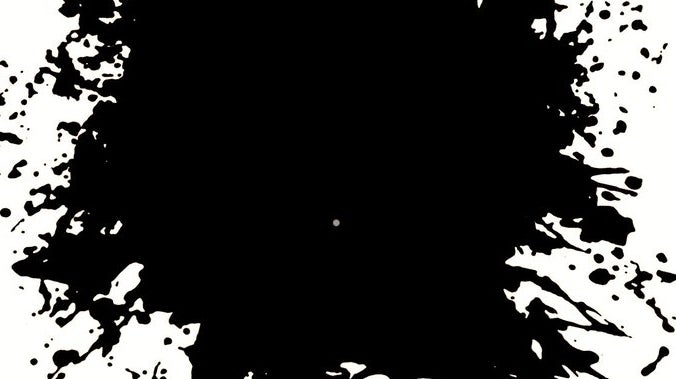A short while into What Remains of Edith Finch, you come to a beach. It’s night, but you can still make out the silhouette of something, half sunk, against the horizon. You’ll probably want to check that out, you think, but not now – no boat, no way to get there, too far out – so along the little beach you go. Waves wash and lap, lights from some other town star the stretch of distant coast, the moon lacquers the ocean, and a memory lingers of the last story you saw, grim and only just finished, in a black tunnel from which you’ve just emerged. Your diary wonders something aloud: maybe it would be better if this all died with you.
It doesn’t, and on you go, through some rubble and nonsensical debris – a totem pole? – through lingering memory, to the path off the beach at the other end. A flight of stairs made of stone, which leads to another flight, made of wood, which leads to wherever you must go next. You walk up the stone stairs and wonder aloud again about your family’s obsessions, and about being lost, about the reader, your as yet unborn son, being lost too, and maybe you get a little lost there yourself – because it’s dark, and it’s hard to see, and there’s a jetty that looks promising, half-leading back out to the ink but only ending nowhere. And then you find your way up the wooden stairs which must be the right way but climb, at first, into near total black, another tunnel in the open air. At the top of those stairs, at last, at the end of such a short beach, is light – a gate, waist-high and painted white, which you open and walk through and ignore, hearing more of your thoughts and looking forwards for your next path.
That gate caused such an argument at Giant Sparrow, the studio behind Edith Finch and Unfinished Swan, that it almost reduced Ian Dallas and the team to tears.
And therein lies the fun of talking to him. You go into these conversations, I find, looking for a nicely tailored line. The joy of someone like Dallas is that he’s everywhere, all over the place, and the magic is when you see that in the games that he and the rest of Giant Sparrow make – The Unfinished Swan to an extent but more with Finch. The joy is less in finding a straight line than untangling a knot. Dallas’ charming scattiness is a reminder, really, that there is immense, unmatched complexity to making games – but more pertinently it’s that the complexity, the absurdity, is also the point.
It seems so simple. Giant Sparrow’s games are, in Dallas’ words, about exploration. “To me,” he says, “that is the core experience that I’ve had in my real life that I am trying to evoke in games.” A sense of exploration, he believes, is how you get to wonder, and to a kind of uncovering of the unknown, and to the feeling of discovery. He’s proud of it. It’s the only thing in these games, he says, “that’s sort of naturally there, in the fabric of the game experience.”
What Remains of Edith Finch – Launch Trailer | PS4 Watch on YouTube
The problem is – of course there’s a problem – to get a sense of exploration you need a sense of freedom. And managing freedom is hard. Too little freedom and you’re on rails, but too much? “Paralyzing… people tend to turtle up – they retract, instead of opening up, they feel an anxiety about where they should proceed.”
